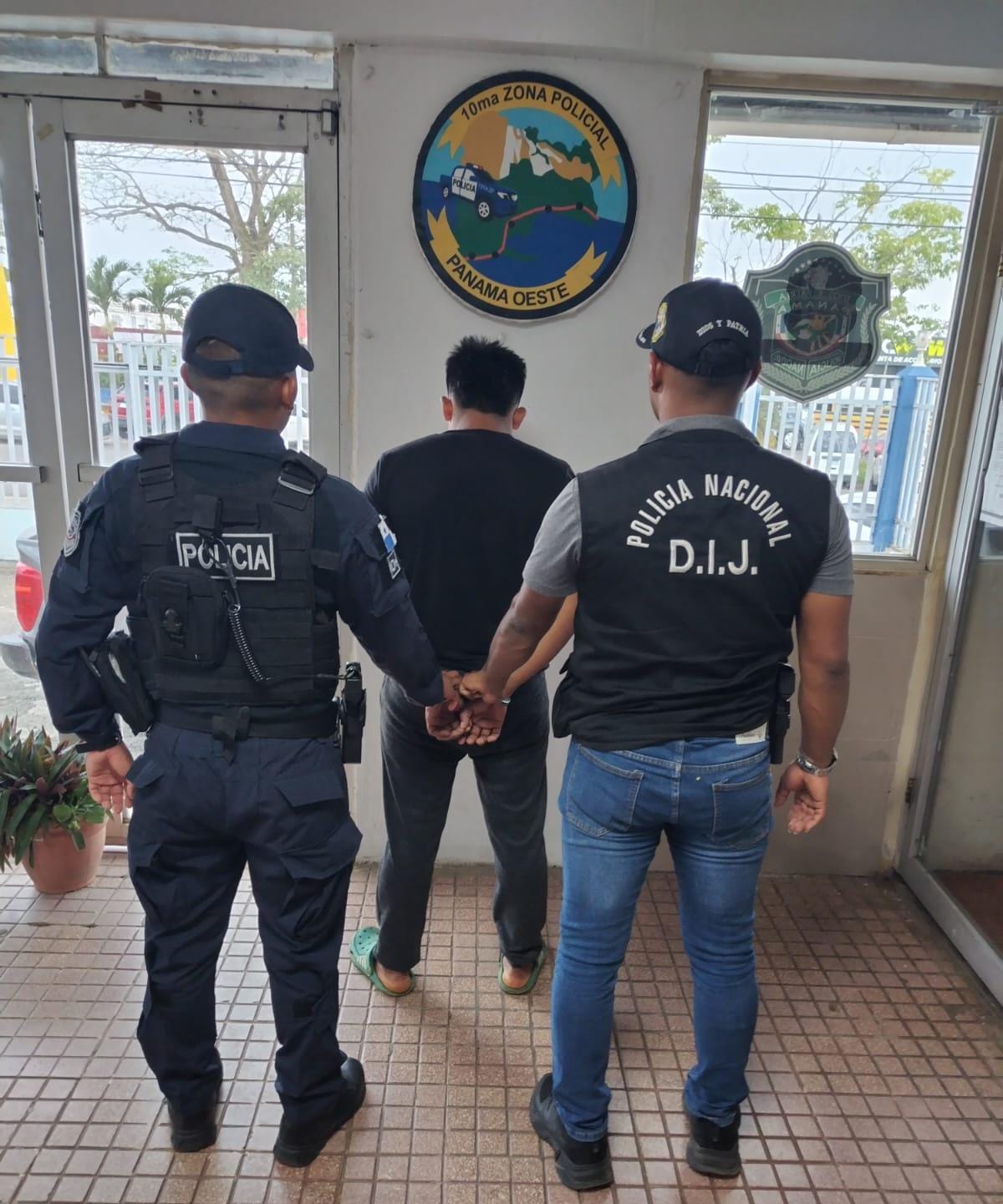WHAT THE PAPERS SAY: Big brother in spades

FROM Brazil to Mexico, there have been protests from Latin American sovereign states about US surveillance activities revealed in reports emanating from Edward Snowden documents but, so far, Panama has been under the radar.

In fact at one time WikiLeaks revealed that President Ricardo Martinelli had, in his first month’s in office, asked for help from the DEA, in monitoring political opponents.The request was turned down,
In Europe Germany, Italy and Spain have spoken out loudly about the activities of the US National Security Agency (NSA), but none so strongly as France,
Crispin Black, writing in The Week,October 23, casts a cynical eye over the French reaction and its own intelligence activities
THE Pavlovian reaction of the UK press and commentariat, conditioned over 60 years of the special relationship to accept without demur the actions of the American military-intelligence complex, has prevented us understanding just how angry the French are to discover that the United States has been spying on them, big time.
Le Monde, using material from the Edward Snowden heist and writing in collusion with ex-Guardian journalist Glenn Greenwald, revealed that the US National Security Agency (NSA) recorded 70.3 million items of French telephone data between 10 December 2012 and 8 January 2013 and had collected tens of thousands of French phone records as part of an eavesdropping programme codenamed US-95D.
According to the paper, the targets appeared to be individuals suspected of links to terrorism, but also people involved in French business and politics.
A further article made even more serious allegations – that the NSA had bugged computers at both the French embassy in Washington and the French mission to the United Nations in New York in an effort to find out amongst other things the French position on sanctions against Iran.
These have put the kibosh on the usual US explanation for each new Snowden embarrassment – it’s all to do with counter-terrorism and, anyway, the various programmes only collect ‘meta-data’ (who is talking to whom) rather than actually what they are saying. John Kerry was lamely sticking to this line as late as yesterday morning.
Un-anaesthetised by a ‘special relationship’, the French are waking up to the fact that the US has a serious addiction to intelligence. They spy on everybody, all of the time. The NSA is looking increasingly like a one-stop shop where vast amounts of both political and commercial intelligence are vacuumed up to give American officials and businessmen an advantage. Frankly, it wouldn’t surprise me if the NSA nicked the European Ryder Cup game plan last year.
Charles Rivkin, an Obama fundraiser who made millions through the popular TV show, The Muppets, and is the current US Ambassador to France was summoned to the Quai d’Orsay on Monday for a dressing down. Unfortunately, it was the same day Secretary of State Kerry was in town for talks on Syria. The usually jolly and urbane French foreign minister, Laurent Fabius, was merely icily polite. President Obama telephoned President Hollande in an effort to limit the damage but the Elysée Palace issued a strongly worded statement of disapproval afterwards.
This is highly embarrassing not just for the Yanks but also for the French government which has spent much of the summer sucking up to the Americans; and, more recently, has sought to make capital out of David Cameron’s own goal for the special relationship in the House of Commons over Syria. In July, Ambassador Rivkin became the first US ambassador for nearly half a century to receive the Legion d’Honneur. Presumably, the announcement came as no surprise.
There are essentially two explanations for what amounts to a counter-espionage debacle for the French, neither particularly flattering. Either French signals intelligence failed to detect both US-95D and the technical attacks on its embassies in the US, in which case there is a huge question mark over its expensive (to the hard-pressed taxpayer) technical capabilities.
If you can’t detect something on the scale of US-95D or protect key missions abroad, what is the point of having a signals intelligence capability at all? And if you are not on the ball enough to keep the Americans out what hope is there with the Chinese or the Russians?
Or it could be even worse than that. It does seem odd that no-one in French signals intelligence, still largely under military control, had any suspicions about either a massive, extended technical attack on France’s home communications systems or specific attacks on its embassies in the US.
The worst option for French national security and pride is that elements of French intelligence were indeed aware of US-95D and the operations against their embassies, but for some reason failed either to alert the national leadership or take appropriate defensive measures. It could be everyday incompetence, or denial over the US technical edge. It’s even possible that there’s a traitor, highly placed within the French intelligence establishment.
If the Americans managed to get into the highly secure and encrypted computer systems of the French missions in Washington and New York they could be everywhere.
If I were President Hollande I would order the intelligence equivalent of changing all the locks on the doors, now – starting with his own office at the Elysée Palace, the flat he continues to occupy in the 15th Arrondissement and La Lanterne, his weekend retreat near Versailles. If those are not secure, nothing else can be – not even France’s nuclear deterrent. •





